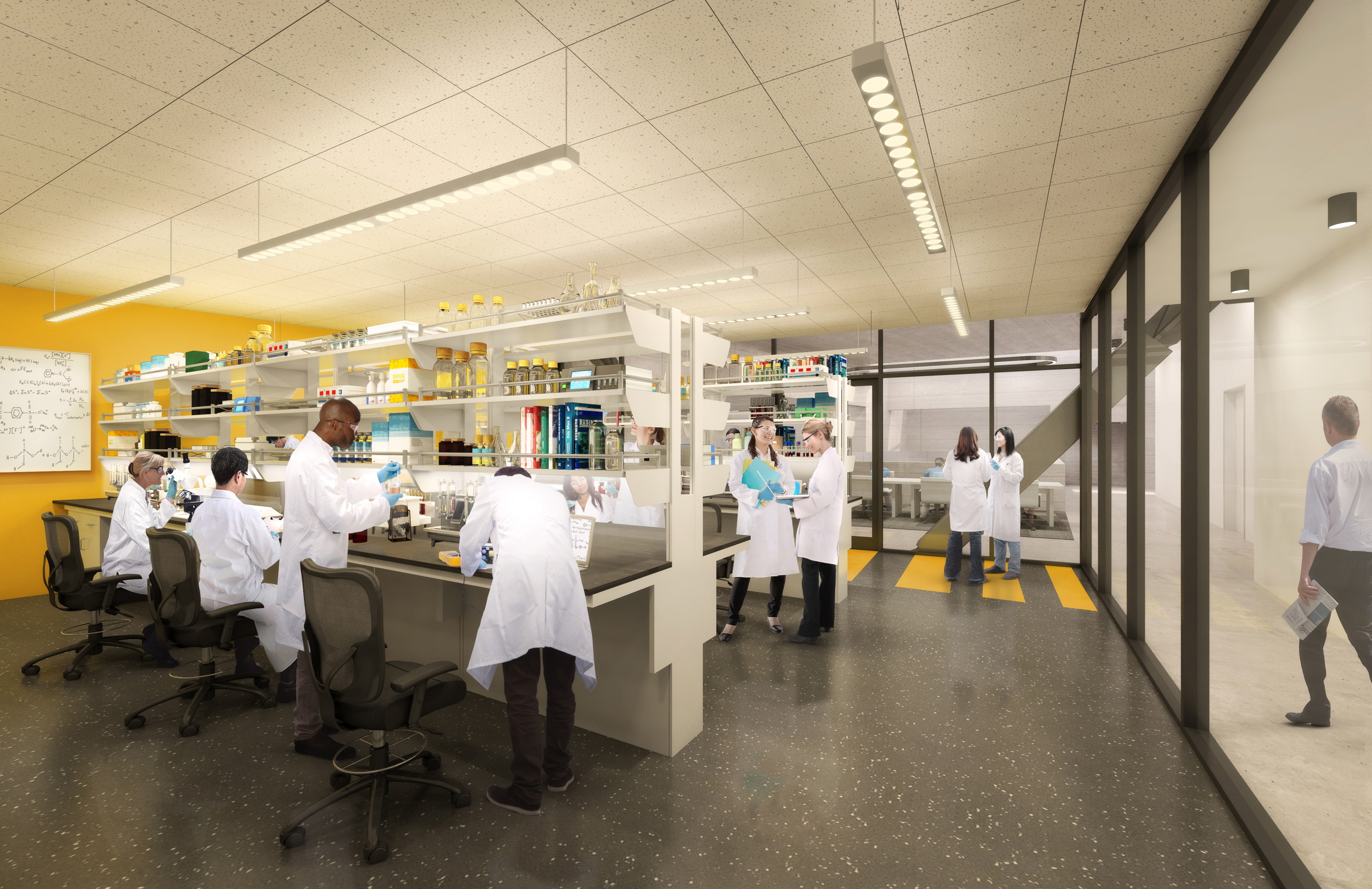The University of California has always embraced the startup ecosystem in the state, including running a few of its own incubators and accelerators. Now Berkeley will have a huge new incubator of its own, Bakar Labs, which will host as many as 80 young companies a year and provide access university facilities and networks.
Hosted at the lovely brutalist Woon Hon Fai Hall, formerly the Berkeley Art Museum, the incubator is just part of the greater Bakar BioEnginuity Hub, an ongoing cross-disciplinary initiative within the university. It will be run by QB3, a pan-UC organization that organizes entrepreneurship efforts, and replaces a much smaller biotech-focused program at Berkeley.
Rather than provide a set curriculum of achieving product fit, building the team and so on that you might find at an accelerator, Bakar Labs will be more of a benevolent host with all the best toys. Berkeley is of course a world class research institution with an enviable faculty and extensive resources — and those in the incubator will have (limited) access to them.
Startups need not be affiliated with Berkeley in any way — the hub is hoping to attract founders from all over the place with its promise of inexpensive office and lab space and the aforementioned extensive resources. The term “incubator” seems apt for both the topic and the method — bring in the organisms, provide plenty of nutrients, and watch them grow.
The relatively hands-off approach applies to funding as well. Companies will pay for their places at the Labs, but there’s no contract to sign over equity or first rights to Berkeley or its associated organs. A QB3 representative explained that investments may still occur, through an affiliated VC fund, but that it’s not baked into the program.
There’s no connection with Berkeley’s Skydeck, another university entrepreneurship program that has produced some highly valued companies in and out of biotech. The team that will be helping select companies for Bakar Labs helped Skydeck with its biotech applicants, so it seems going forward like there will be a friendly bifurcation of streams.
As for entry, companies will be judged on their potential (both business and scientific), but the exact requirements and preferences will no doubt be flexible. Managing director of Bakar Labs Gino Segre explained that they would hope a company has more on its mind than either a buyout or a big paper.
“We encourage teams with a double bottom line to apply– they aim to better human health and are pursuing a profit-driven business model. Entrepreneurship for good,” he wrote in an email to TechCrunch. “We are already seeing interest in therapeutics, diagnostics, research tool, foodtech and agtech.”
“The strongest teams will be two to 15 people, with operating capital for at least 6 months, and are leveraging an innovative technology for which a lab is required to advance their program,” he continued. There’s no limit on how long startups can stay, but after a couple years you might wonder whether there’s been a failure to launch. Ideally the startup raises money and moves to its own office and lab, but until that’s an option the incubator would be far superior to garages and temporarily vacated conference rooms.
“The Bakar BioEnginuity Hub holds enormous promise as a space for mobilizing our vibrant changemaking students and faculty, our powerful research enterprise, and a community of innovators who will maximize societal benefit over profit,” said UC Chancellor Carol T. Christ in a Berkeley news release.
If this all sounds like a good match for your company (or maybe your roommate’s, currently operating out of the spare bedroom) head over here to apply.

